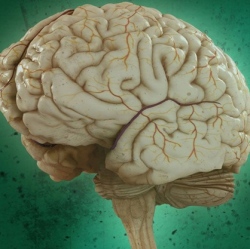
A US study has raised the possibility that we may one day rely on caffeine to boost memory as well as to wake up. The research, published in Nature Neuroscience, tested the memories of 160 people over 24 hours.
It found those who took caffeine tablets, rather than dummy pills, fared better on the memory tests.
But experts warned people to remember caffeine could cause negative effects, such as jitteriness and anxiety.
The Johns Hopkins University study involved people who did not regularly eat or drink caffeinated products. Saliva samples were taken, to check base levels of caffeine, then participants were asked to look at a series of images.
Five minutes later they were given either a 200-milligram caffeine tablet – equivalent to the caffeine in a large cup of coffee, according to the researchers – or a dummy pill.
Saliva samples were taken again one, three and 24 hours later. The next day, both groups were also tested on their ability to recognise the previous day’s images. Twenty-four hours may not sound like a long time, but it is in terms of memory studies. Most "forgetting" happens in the first few hours after learning something.
People were purposely shown a mixture of some of the initial tranche of images, some new – and some that were subtly different.
Being able to distinguish between similar, but not identical items, is called pattern separation and indicates a deeper level of memory retention.
